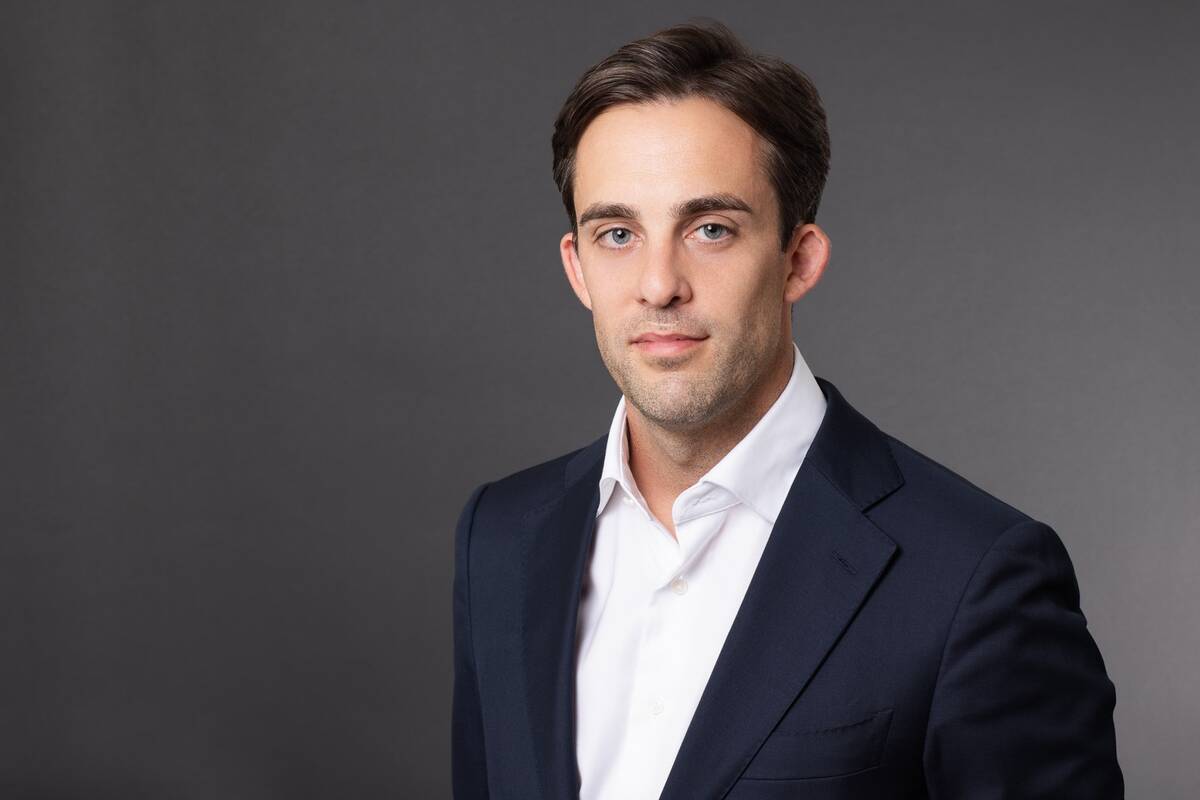RIYADH: A group of elite financial institutions, led by the Islamic Development Bank, is aiming to increase its lending margin by $300-$400 billion over the next decade to reduce global inequalities.
The announcement came after presidents of ten multilateral development banks met in Washington, D.C., to discuss new strategies to strengthen their impact on tackling development issues and improve coordinated efforts in 2024 and beyond.
The MDB Heads Group, of which IsDB currently holds the presidency, is seeking to expand its financing capacity by implementing the G20 Capital Adequacy Frameworks Review report recommendations as well as other initiatives.
A joint statement issued by the group, which includes African Development Bank, European Investment Bank, and World Bank Group, at the conclusion of the meeting read: “Collectively, these efforts on balance sheet optimization and financial innovation are expected to generate additional lending headroom in the order of $300 billion to $400 billion over the next decade, with strong contributions from shareholders and development partners. Related actions … have already created additional lending capacity.”
Among the actions set out to help increase funding include introducing diverse, innovative financial instruments, such as hybrid capital tools and risk transfer methods, to shareholders, development partners, and capital markets.
There will also be efforts to encourage the direction of International Monetary Fund Special Drawing Rights through the MDBs and to provide greater clarity on callable capital, helping rating agencies better assess its value.
Another area of focus seeks to boost action on climate change by presenting the first common approach for measuring environmental outcomes in terms of adaptation and mitigation, aligning operations with the goals of the Paris Agreement, and providing joint reporting on climate-related finance.
Additionally, the MDBs will engage in the UN-led process toward a new collective climate finance goal.
A third area is strengthening country-level collaboration and co-financing. The MDB heads emphasized enhancing partnership and co-financing and assessing proposals for nation-led and owned platforms to reach a common understanding.
Some MDBs will establish platforms and use one another’s procurement policies to cut transaction costs, boost efficiency, and promote sustainability.
They will also accelerate co-financing for public sector projects through the newly launched co-financing collaboration gateway.
A fourth area focuses on mobilizing the private sector, with MDBs committing to increase the division’s financing for development goals, expand local currency lending, and offer foreign exchange hedging solutions to boost private investment.
The heads agreed to develop the type and classification of statistics issued by MDBs and development finance through the Global Emerging Markets Risk Database Consortium.
Moreover, in a fifth area, MDBs agreed to emphasize impact more through enhanced collaboration in joint impact assessments.
This includes sharing approaches for measuring and monitoring outcomes, maintaining ongoing coordination efforts, and assessing key performance indicators tied to nature and biodiversity.
The statement added that the MDB group “recognize our collective duty to accelerate international efforts to eradicate poverty and hunger, reduce inequalities, tackle regional and global challenges including on climate and health, as well as boost inclusive socioeconomic development.”
It continued. “As a group, we reaffirm our determination to deliver on our commitments and continue strengthening our collaboration for the benefit of poor and vulnerable countries, communities, and people.”
























